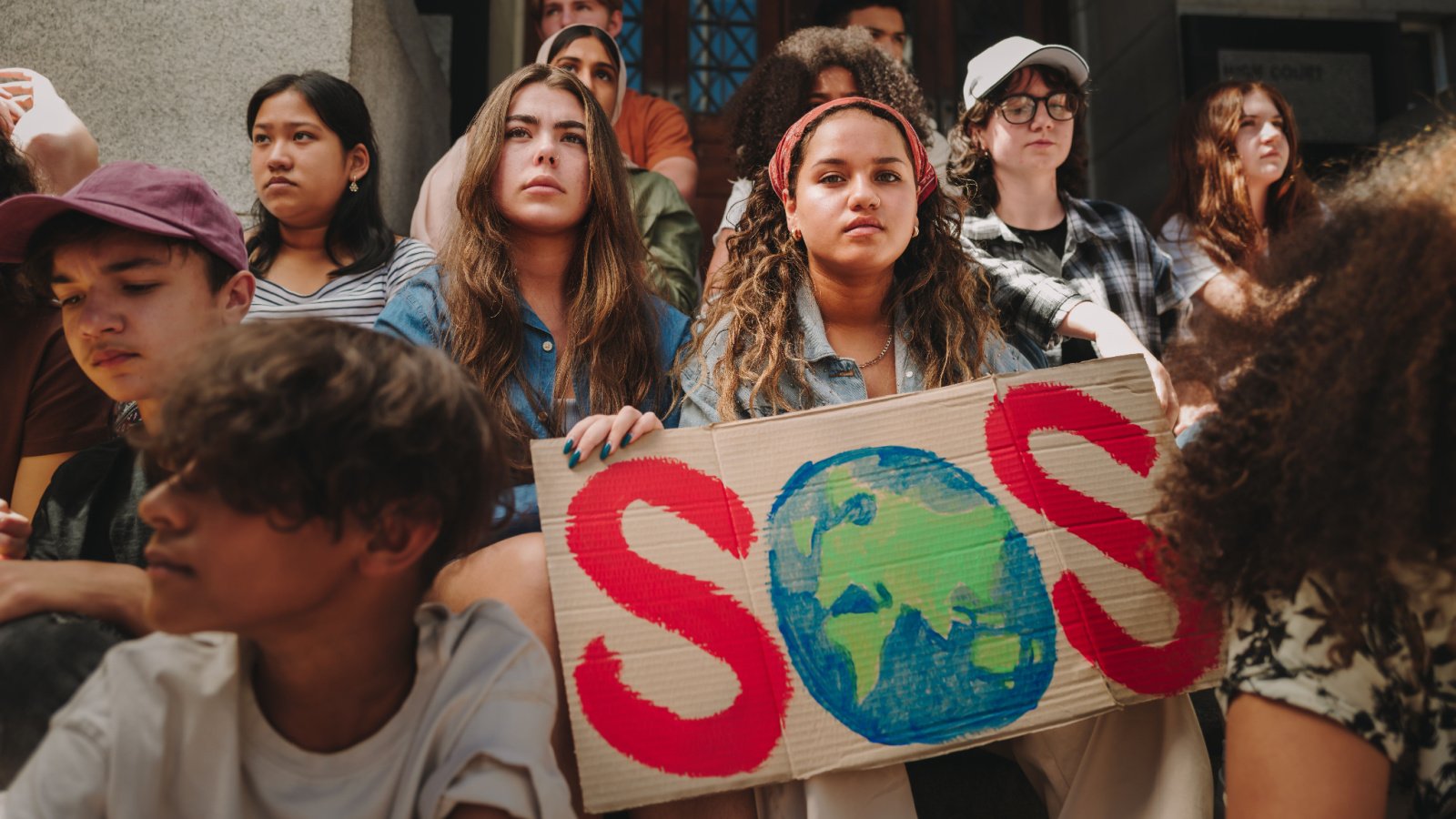A new generation is opening the eyes of their elders to perceived systemic injustices ingrained in American society, often overlooked by many. These well-intentioned advocates are making an impact on legislation, though not always for the better. Let’s examine how the “woke” movement is inadvertently undermining its own progress.
Overly Broad Definitions

Legislation often suffers from definitions that are too broad, leading to unintended consequences. This lack of specificity can ensnare activities and speech not initially targeted. Such sweeping measures can stifle dialogue and innovation, rather than promoting inclusivity.
Mandatory Training Backfires

Mandatory sensitivity and bias training programs have become common, but their effectiveness is debated. Instead of promoting understanding and inclusivity, they sometimes breed resentment. Critics argue that these programs can oversimplify complex issues.
Suppressing Free Speech

Some laws aimed at curbing hate speech have raised concerns about infringing on free speech. While the intent is to create a safer environment, the vagueness of what constitutes “hate speech” can limit open discussion. This can inadvertently protect silencing dissenting opinions.
Quota Systems Questioned

Diversity quotas in hiring and admissions processes aim to correct historical imbalances but can lead to new forms of inequality. They sometimes result in candidates being chosen for their demographic characteristics over merit or fit.
Economic Consequences

Compliance costs and legal complexities can disproportionately affect smaller entities. This can hinder their ability to operate, innovate, and compete, ultimately impacting job creation and economic diversity.
Digital Censorship

Laws aimed at regulating online speech to combat misinformation and hate speech have led to accusations of digital censorship. The criteria for removal can be subjective, leading to the suppression of legitimate discourse.
Undermining Artistic Expression

Regulations intended to make cultural productions more inclusive can inadvertently stifle artistic freedom. Art, in its essence, should challenge and provoke thought, not conform to predefined criteria.
Educational Curriculums Restrained

Efforts to reshape educational curriculums to reflect diverse perspectives have sometimes resulted in the exclusion of traditional academic content. While inclusivity is crucial, students should be exposed to a wide range of thoughts to develop critical thinking skills.
Polarization Over Progress

Some legislative initiatives have intensified societal divisions rather than bridging them. By focusing on identity politics, these laws can reinforce separateness instead of unity. Progress is made when communities focus on shared goals and mutual understanding.
Housing Market Distortions

Affordable housing legislation, intended to make housing more accessible, can sometimes distort the market. By imposing rent controls or building requirements, these laws can discourage investment and maintenance, leading to a decrease in quality and availability of housing.
Healthcare Access Limited

By imposing strict regulations on providers, these initiatives can drive up healthcare costs and reduce the availability of services. A more flexible approach could improve access while still ensuring quality of care.
Impact on Innovation

Legislation that imposes stringent regulations on technology companies can stifle innovation. While aiming to protect privacy and data, overly restrictive laws can hinder the development of new products and services.
Complicating Legal Systems

New laws can add layers of complexity to already convoluted legal systems. This can make it harder for the average person to understand their rights and obligations. Simplification and clarity should be priorities in legislative drafting to ensure laws are accessible.
Charity and Volunteering Discouraged

Regulations intended to ensure transparency and accountability in the nonprofit sector can have the unintended effect of discouraging volunteering and donations. By imposing burdensome reporting requirements, these laws can detract from the mission of nonprofits.
Public Safety Measures Misdirected

While public safety is paramount, some laws intended to enhance it can have the opposite effect. Overly aggressive policing strategies and surveillance measures can erode public trust and freedom. Effective public safety laws must balance protection with respect for civil liberties.
Unintended Environmental Impact

Environmental legislation, while crucial for protecting natural resources, can sometimes lead to unintended negative outcomes. For example, bans on specific materials can increase the use of less sustainable alternatives.
Food Industry Constraints

Regulations aimed at improving public health by controlling ingredients and labeling in the food industry can create significant barriers for small producers. The high cost of compliance can limit their market entry or force them to raise prices.
Labor Market Rigidity

Labor laws designed to protect workers’ rights can inadvertently make the labor market less flexible. Strict regulations around hiring and firing can discourage employers from taking on new staff, leading to higher unemployment rates.
Transportation Innovation Delays

Legislation that imposes heavy restrictions on new transportation technologies, like autonomous vehicles and electric scooters, can delay innovation and hinder the development of sustainable and efficient transportation options.
Stifling Cryptocurrency Growth

Financial regulations targeting cryptocurrencies aim to protect consumers from volatility and fraud. However, they can also stifle the growth of the blockchain industry by creating a prohibitive regulatory environment.
Limiting Academic Freedom

Initiatives to regulate speech on college campuses can limit academic freedom. By restricting controversial topics, these laws can inhibit intellectual exploration and debate. Universities should be bastions of free thought, where diverse opinions are welcomed.
Constraining Gig Economy Flexibility

Laws designed to regulate the gig economy often aim to provide traditional employment protections to gig workers. However, they can also reduce the flexibility that makes gig work appealing to many.
Restricting Access to Public Spaces

Ordinances that limit access to public spaces, such as parks and beaches, with the intention of preserving these areas, can inadvertently restrict public enjoyment and freedom. While conservation is important, regulations should ensure that public spaces remain accessible for all.








